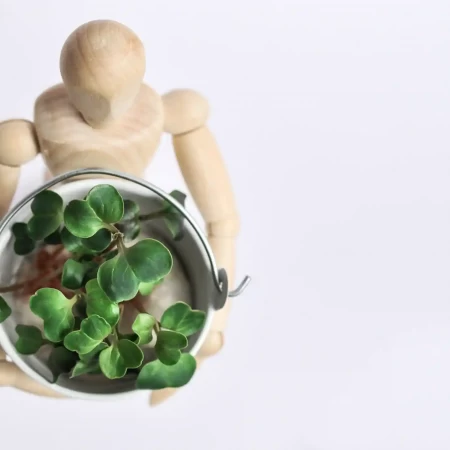

Grammar: Students will focus on mastering the use of hypothetical clauses and "wish" clauses, essential for discussing desires, regrets, and possibilities in the context of sustainability and environmental responsibility. They will practice these structures in sentences that speculate about personal and global environmental impacts.
Listening: Students will enhance their listening skills by engaging with a video that documents a year-long experience of growing and foraging for food. They will concentrate on understanding the detailed content about sustainable living and the implications of personal food production.
Speaking: Through role-playing exercises and discussions, students will simulate scenarios related to sustainable living. They will engage in conversations designed to help them articulate their views on environmental awareness and personal actions toward sustainability.
Vocabulary: The lesson will introduce and practice vocabulary related to environmental sustainability, such as "composting," "carbon footprint," and "local sourcing." These terms are vital for discussing and reflecting on practices that contribute to a sustainable lifestyle.
Homework: Students will complete tasks that reinforce the vocabulary and grammatical concepts discussed during the lesson. This includes unscrambling letters to form words relevant to sustainability, matching sentence fragments to build coherent discussions about environmental practices, and correcting mistakes in sentences that explore hypothetical changes in personal and community practices related to the environment.